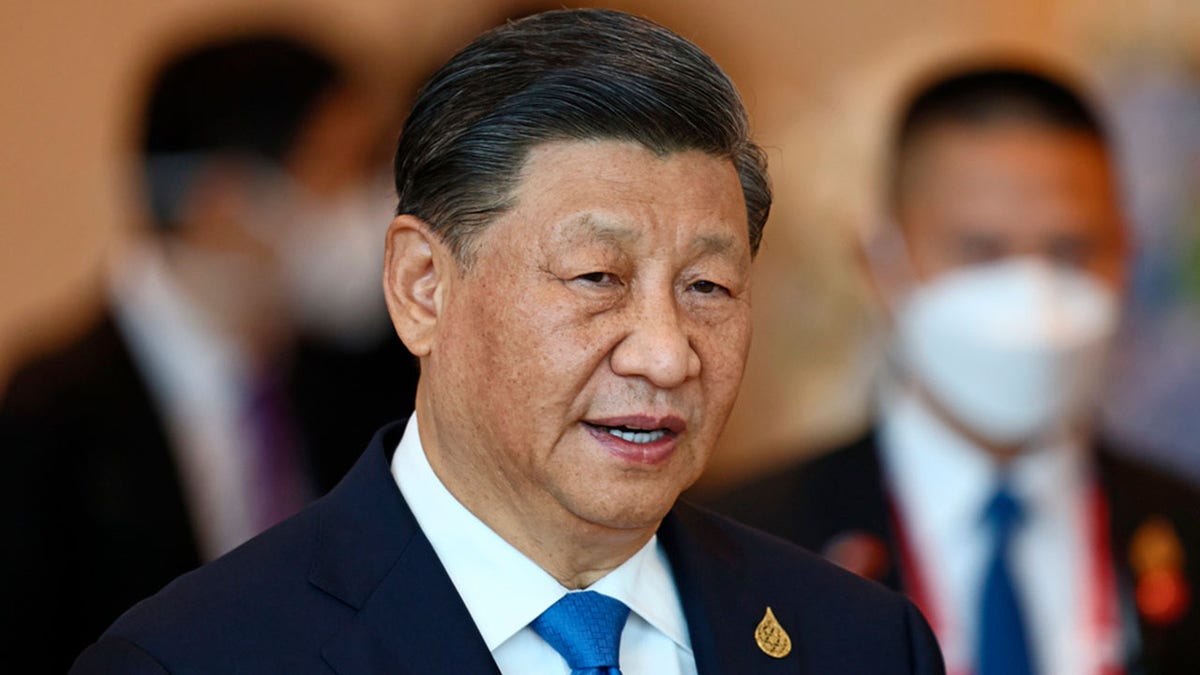Amidst rising tensions, the Biden administration confirmed China's ongoing efforts to bolster its spying capabilities in Cuba. This revelation, initially reported by the Wall Street Journal, details China's pursuit of an electronic eavesdropping facility on the island, a mere 90 miles from US shores. While officials initially disputed the accuracy of the report, they later acknowledged the existence of such endeavors, characterizing them as a persistent issue predating the current administration.
The facility's strategic location raises concerns about potential surveillance of US military bases and maritime activity in the southeastern region. Reports suggest China offered Cuba billions of dollars for this venture, a proposition the White House initially denied. However, subsequent statements revealed a broader pattern of Chinese expansion in global logistics, basing, and intelligence gathering, spanning various regions including the Atlantic, Latin America, and beyond.

This escalating situation has prompted criticism of the previous administration's handling of the issue, with the current administration claiming to have adopted a more direct approach. A strategy prioritizing diplomacy has reportedly yielded some results, slowing down China's progress. However, concerns remain, and the administration acknowledges the ongoing challenge of disrupting China's persistent efforts to expand its presence in Cuba.
The implications of this intelligence expansion have sparked bipartisan concern in Congress. Senators Mark Warner and Marco Rubio issued a joint statement emphasizing the gravity of China's actions and urging the administration to take decisive steps to protect national security. Representative Tony Gonzales echoed these sentiments, highlighting the strategic importance of information control in potential conflicts.

This development underscores the complex dynamics of US-China relations and the growing need for vigilance in safeguarding national security interests.
Comments(0)
Top Comments